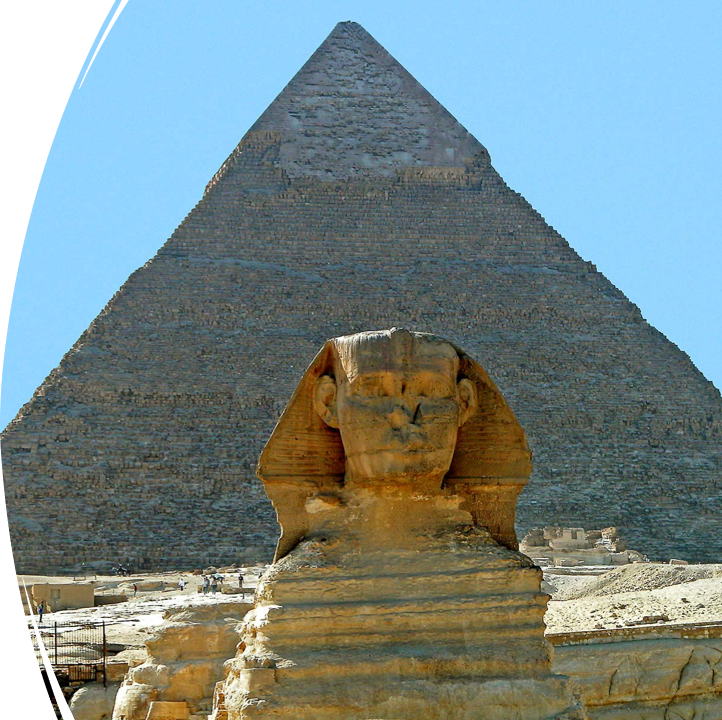…and why you should care about cash and digital cash

What is Money?
It seems at first to be a simple enough question.
However, a google search or two later, and you will have a multitude of not-so-simple answers.
It won’t be long before you are contemplating Cowrie shells, Rai stones and the evolution of the banknote. You’ll encounter various interpretations of history, enter into semantics of money versus currency, the gold standard and commodity money.

It’s a fascinating world, but it adds up to more of an entire university curriculum than something that can be fully discussed in a blog post.
However, we can get to a working definition if we start from understanding ‘modern money’. By ‘modern money’ I mean the money that we all typically know and use. Government issued currency. If we use this as our point of reference we can avoid opinion on history and semantics, and work backwards as required.
On morning commutes, when a trek to the City was the regular grind, I used to read the financial pages of a newspaper as a shortcut to catching up on current affairs. Rather than domestic focussed opinion pieces, you could take a shortcut to a condensed view on global news events.
If an event is of enough importance it affects money, or at least some form of money market or share price. The financial markets opinions on new stories could be read by price movements, a kind of ‘skin-in-the-game’ opinion that can be ascertained from the markets judgement.
And there itself is a glimpse into the world we don’t often see. Money allows each of us, as individuals, access to all the things we have become dependent upon, which in turn consolidate into global demand patterns. In turn, money itself becomes the ultimate object of dependence.

Money infuses our lives at so many levels from such a young age it becomes a ‘given’, not unlike the air we breathe. Indeed, our understanding of money typically forms more by a slow hypnosis from childhood than by way of structured learning.
Unpicking that puzzle in our minds is a huge challenge, requiring the shedding of deeply held beliefs and abandonment of totemic imagery our minds have weaved together in an effort to make sense of it all.
Brett Scott, author of Cloud-Money and The Heretic’s Guide to Global Finance, puts it like this;
I sometimes get the feeling that if you look into the concept of money with too much scrutiny, it will simply disintegrate. Money is a bit like language: you are born in a given system, you grow up speaking a particular language and using a particular currency system but you seldom have any incentive to speculate on the essence of either systems. It is something you simply make use of.
..Truth is, there is a lot of misinformation about money. There are three great myths that we continue telling to each other while confusedly knowing that they are simply not true.
The first one: money spontaneously emerged from barter. It is inaccurate: anthropologists have long been describing that, on the contrary, commercial exchanges in small communities take place through reciprocity and informal credit systems.The second common illusion is about money being thought of as a commodity, an artifact that has an intrinsic value and can be traded like any other good, whereas it is truly nothing but a socially constructed claim on goods & services.
Brett Scott
The third fairytale concerns the way money is created: many people think that money is created by central banks. Then again, it is inaccurate: State money, which takes the shape of coins and banknotes, stands for a small proportion of the circulating money. The vast majority is electronic, and issued by commercial banks through a mechanism known as fractional reserve banking.
I encourage you to read Cloud-Money and support Brett’s work https://open.substack.com/pub/brettscott/p/cloudmoney-cash-cards-crypto-war-for-wallets?r=1y8c5&utm_campaign=post&utm_medium=email
Modern money, as referenced above, is a many layered system, an interwoven puzzle forged between Government, central banks, commercial banks, payment service providers, and , increasingly global mega corporations.
As users of this system we have bank accounts, credit cards and less frequently these days, cash at our disposal.
So, to understand money better, lets dig a little further on cash and the reasons behind the push to eliminate it :

War on Cash
Recently, there has been much debate about a global ‘War on Cash’.
Cash has been marketed as ‘outdated’, a hygiene risk, and used for terrorist financing. The Covid saga expedited this story significantly.
The idea of cashless society was hailed as a user-lead tech revolution. Cash is touted by many (particulalry fintech companies) as an “outdated barrier to progress” that must give way to digital money.
But this is a very one-sided view, cash protects privacy and is resilient in the face of natural disasters or banking failures. The digitation of money enables the digitisation of finance by global digital powerhouses such as US based Amazon, Uber and Google, or China’s Tencent and Alibaba.
The lack of privacy that comes with digital money leads to better environment to further automated financial controls. Billions of people becoming further locked into surveillance, their data extracted and exploited. A myriad of new possibilities for systemic exclusion, manipulation and delusion.
There appears to be a geopolitical struggle to lock people into abandoning cash. Concentrated interconnections of Mega-bank, Mega-corp and government end up locking people into products that will later study and exploit traits and behaviours. In this regard, we could look at the push for a cashless society as an agent for a sinister force.
That’s not to say this a concerted effort to deceive, more likely a product of natural forces. Banks and Corporations are rent-extracting, profit-seeking by nature as States naturally seek increasing power and control. The combination of forces, unchecked leads naturally like a water course towards a rather dystopian system of surveillance capitalism.
Cash is a weapon against this.
Why Cash ?
Physical Cash, notes and coins, is the only ‘real’ money we have access to. The moment it is deposited into a bank, it becomes an IOU, and a balance sheet entry as a ‘liability’ to its users.
Fractional reserve banking ensures that your deposit serves as collateral for lending by the bank. You are granted an IOU chip. In the case of a building society the deposits become loans to mortgage holders and you get a ledger entry.
Money – comparisons to blockchain
In the blockchain / cryptocurrency world, there is the concept of ‘Layers’ of settlement and operation. Layer 1 (L1) Blockchains such as Ethereum, are expensive and offer premium security, Layer 2s (L2) such as Arbitrum, Optimism and ZKSync periodically balance their books by settling on the L1s. In turn there are Layer 3’s (L3) set to operate as ‘appchains’, with lower security use cases settling back to L2.
The Banking world is not dissimilar, Layer 1 being the State Central Banks, Layer 2 being the Commercial banks that settle between themselves at the end of the day. Layer 3’s such as Paypal, Visa, Mastercard settle via Layer 2.
In this model, where is cash ? Well, in theory at least, it could be a Layer 2 of its own. You are supposed to be able to take your £10 note to the Bank Of England for redemption (for what exactly ?!), also in the USA there may be facilities to use cash pay the tax to IRS. But typically cash operates more like the Layer 3, with private transactions, with deposits and withdrawals going through commercial banks branches and ATMs.

In the blockchain world, there are various platforms offering different functions and performance benefits. Some blockchains are great for gaming or NFTs, some offer high security, some cater more for corporate clients and some are privacy-enabling. Cash enables peer-to-peer transactions with optional privacy.
Digital Cash – Alternatives
Cash usage globally is still strong, increasing in fact in dollar terms, but also decreasing drastically in number of transactions. This is the effect of people drawing out money due for storing instead of trusting banks.
The convenience of digital money (reminder: not digital cash) makes many believe the days of physical cash are over. Who doesn’t like leaving the house unencumbered by pockets full of notes and change, tapping a phone or card via NFC?
So is there any hope to create a digital version of cash that keeps those useful/critical properties
The two key players are cryptocurrency and Central Bank Digital Currencies (CDBCs) and both have failed the test so far.
Cryptocurrencies are still stuck with the problem of being either a) pseudo-Banking stablecoins, basically a traceable and censorable representative token facilitated by the current banking system or b) a proxy token for the US dollar to facilitate transactions and not a unit of account.
Further they have problems of accountability, and often have questionable issuance.
In a future blog I will attempt to bring out some of the best prospects for Digital cash in Cryptocurrency.
CDBCs remain a possibility, if a Central bank launches a credibly private alternative for peer to peer transactions and personal custody they could have a strong position to usurp (or cement) the position of US Dollar as reserve currency. Far more likely they will bend to temptation and use the CDBC for systems of monetary control and surveillance.
Closing thoughts
If you take away nothing more from this piece than a thought in your mind that perhaps, just maybe Cash is worth saving, then it was time well spent.
Cash is a) the only real (govt) money we have access to and b) offers unique features such as privacy, personal custody, peer to peer and c) offers a critical back-up function in the face of natural disasters, bank runs and cyber attacks.
The checks and balances we have on our government (voting/democracy) and corporates (our custom) are strongly enhanced by cash continuing to exist.
